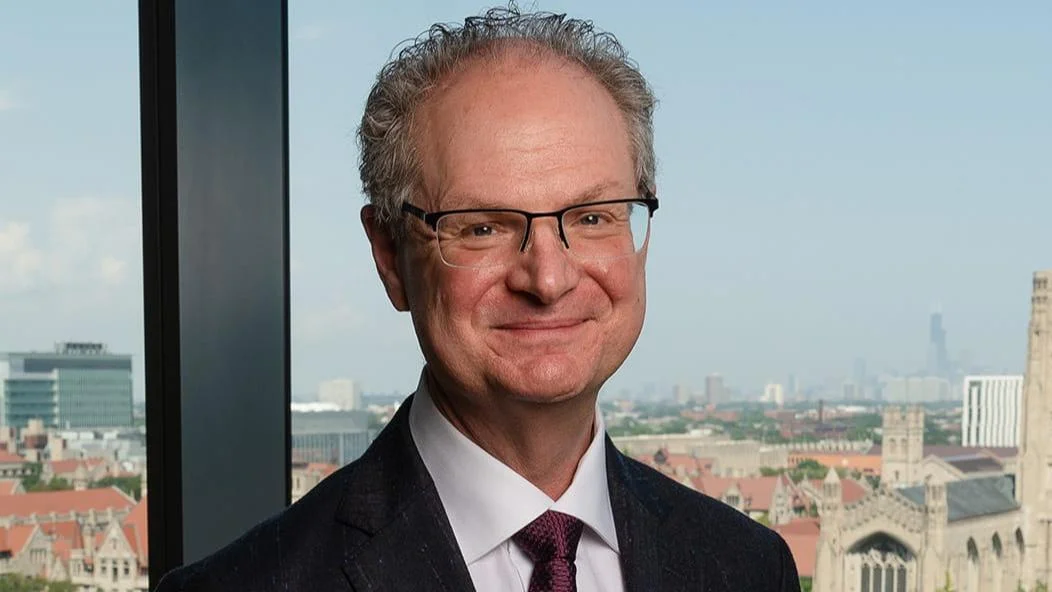During a 2017 Meet the Press interview, Kellyanne Conway, then-Counselor to the President, used the term "alternative facts" to describe a false statement. This phrase, along with others like "fake news" and "infodemic," has been used to depict what is known as a "post-truth" era, raising concerns about democratic societies.
A new book titled *A Democratic Theory of Truth* by University of Chicago Professor Linda M. G. Zerilli addresses these issues from a different perspective. Zerilli argues that instead of focusing on achieving universal agreement on truth, there should be more active engagement with diverse citizen opinions. She is the Charles E. Merriam Distinguished Service Professor of Political Science and faculty at the Center for the Study of Gender and Sexuality.
“The vast post-truth debate doesn't address what I see as being the real problem, which is the loss of public spaces in which diverse citizen opinions can be debated,” Zerilli said.
Zerilli warns against both truth denialism and an objective truth that dismisses citizen opinion as worthless. She states that this approach does not effectively counteract those who promote “alternative facts.”
Zerilli draws on Hannah Arendt’s work to discuss a modern type of lie that seeks to recreate reality rather than merely mislead or falsify it. According to Arendt's concept of “lying the truth,” there is now a widespread refusal to believe in any established truth, leading to disengagement from public life and eroding trust in democratic politics.
The book also critiques fact-checking practices that emerged alongside alternative facts, questioning their political significance and effectiveness in influencing civic engagement.
“I started to get worried about the ineffective nature of fact-checking,” she said. “What makes fact-checking politically significant? How do we put what we now know into practice in our ordinary ways of being citizens: in how we speak to other people, how it affects the way we vote, how it affects community engagement, and so on.”
Zerilli also explores democratic persuasion challenges—convincing those with differing viewpoints—and discusses Robert Fogelin's concept of deep disagreements where shared premises are absent.
She highlights concerns over doubling down on objective truth notions in post-truth debates: “One thing that really concerns me in the post-truth debate—in what seems to be the consensus, that we have to double down and insist on a notion of objective truth—is the assumption that we must recover a supposedly lost and once shared worldview,” she said. “I find that very dangerous. A democracy without a plurality of citizen beliefs and opinions is not a democracy. It's ripe for an authoritarian government where there's only one form of truth: the truth of the leader.”
—A version of this story was originally published by the UChicago Department of Political Science.

